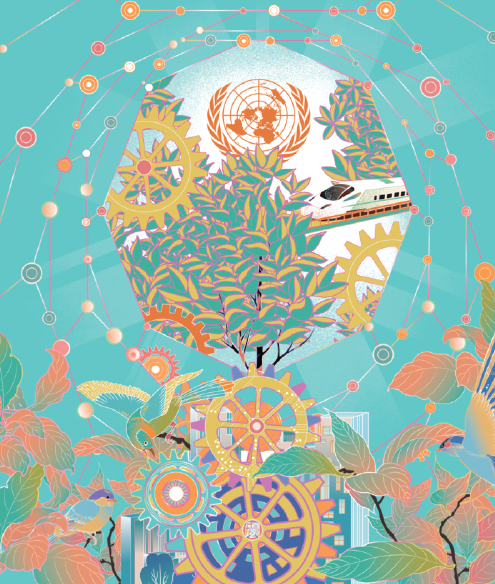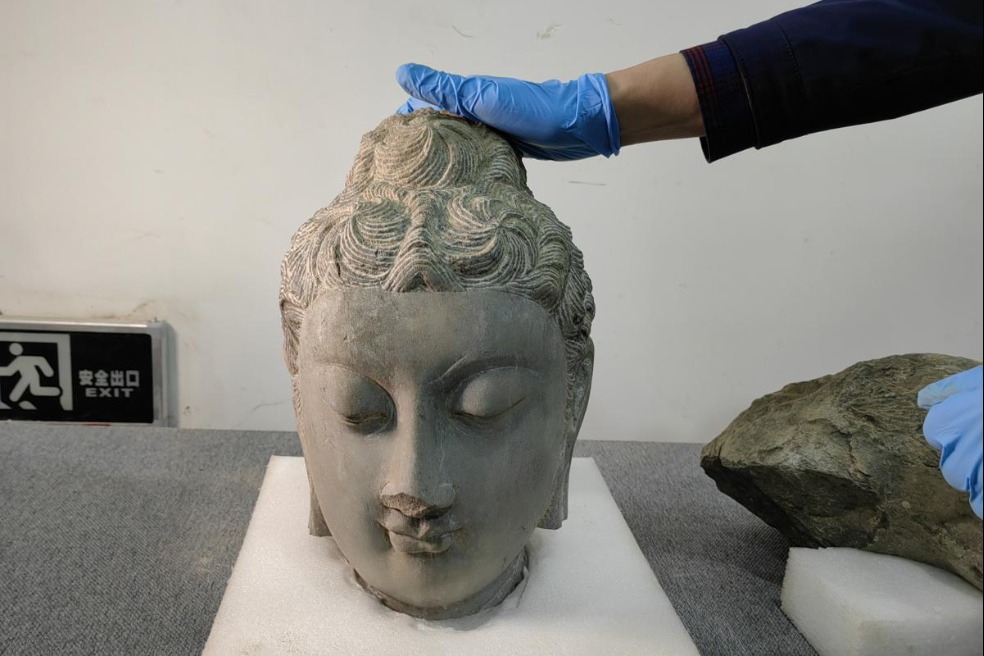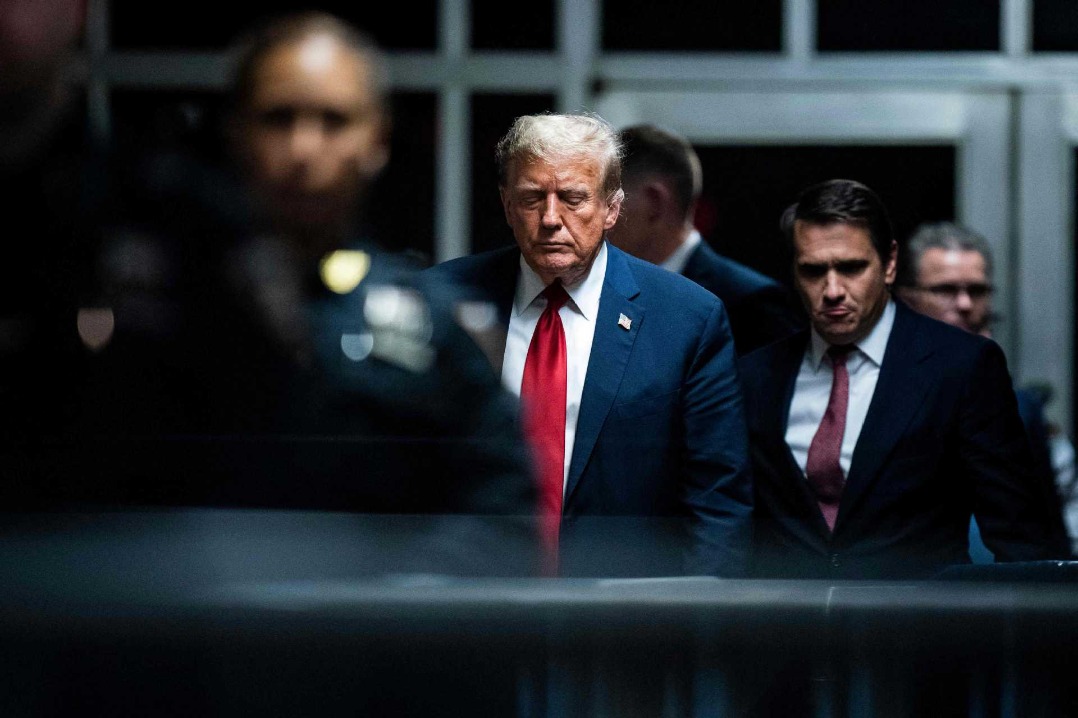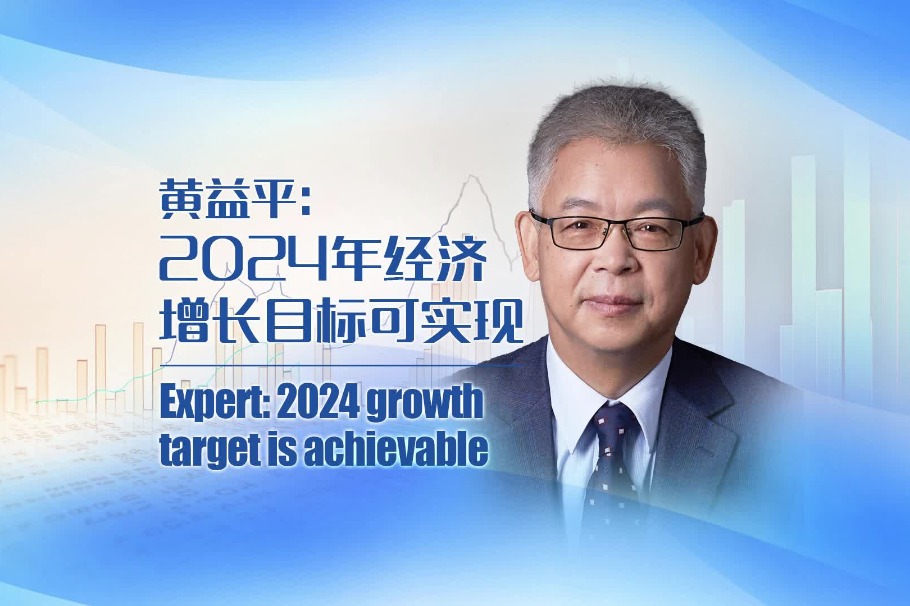UN at a crossroad
By ZHANG GUIHONG | China Daily Global | Updated: 2020-09-23 08:47

Members should uphold the organization's role and values as the main multilateral means for solving global problems
The United Nations is celebrating its 75th anniversary. Seventy-five years ago, 51 countries on the verge of victory in the war against fascism decided to establish a new universal international organization with the aim of preventing another devastating world war.
During the 75 years since its foundation, the role of the UN has grown, especially since the end of the Cold War. However, the challenges threatening the world today mean that people have higher expectations and greater hopes for the UN.
The present public health crisis caused by the novel coronavirus is the greatest challenge the UN has faced. The impacts of the pandemic, which are unprecedented and compounded by climate change and other threats, are likely to be more complex and far-reaching than those of World War II. Yet in the face of the worst public health crisis in history, international cooperation has been notably lacking and most member states have been fighting the virus on their own, with unilateralism, isolationism and protectionism resurgent in many regions.
The UN is at a crossroad: will it succumb to unilateralism or defend multilateralism? The UN is the product and embodiment of multilateralism, and it is the main multilateral tool for solving global problems. At the opening of the 75th session of the UN General Assembly, UN Secretary-General Antonio Guterres said that the world has high expectations of the UN as the main platform for inclusive multilateralism and cooperation, and as the center of a fairer rules-based international system for the 21st century. In the post-pandemic world, it is clear that we will need more effective multilateral cooperation.
But the UN is not only a platform for member states to carry out multilateral cooperation, it is also a leading force to guide them in the process.
The UN is the most universal, representative and authoritative of the international organizations. There is great room and potential for cooperation among international institutions within the UN system to promote sustainable peace and development and address global challenges.
For example, interdepartmental, inter-agency and inter-organizational collaboration within the UN system as well as close cooperation between the UN and other global and regional international organizations are required throughout peace operations, including conflict prevention, peacekeeping, and peace building. In order to achieve the 17 goals of the Sustainable Development Agenda, the UN development system, with the Economic and Social Council at its core, needs to mobilize and coordinate the resources of international organizations.
Such cooperation among international organizations, based on the public interest of the international community, on the provision of international public goods and with the goal of addressing common threats to humanity, is conducive to transcending the divisions and rivalries among member states arising from different histories, cultures and systems, and to fostering understanding and solidarity among nations.
From international cooperation to global cooperation, the UN is an intergovernmental international organization of which sovereign states are members. The UN serves its member states first and foremost. The agenda for cooperation and work within the framework of the UN is international, with the primary objective of solving "interstate" problems. However, driven by globalization, transnational issues are becoming more and more global and therefore require more global cooperation.
Climate change is the primary global issue and a successful example of global cooperation under the auspices of the UN. Despite the US administration withdrawing the country from the Paris Agreement, many businesses, non-governmental organizations and individuals in the United States remain actively engaged in climate cooperation.
The novel coronavirus pandemic is the priority global challenge at the moment. But the fight against the pandemic so far has been characterized by the lack of international cooperation. Without global coordination, the effect of any international and regional cooperation will necessarily be local and short term. Only through a global response, including tracing the virus to its source, pandemic surveillance and vaccine development and application, can we hope to defeat the virus and contain the pandemic.
Global cooperation requires the participation of more actors in addition to governments. How to accommodate these non-state actors and let them play a constructive role is a direction for the reform of the UN.
The Charter of the UN stipulates that the purposes and objectives of the organization are to maintain peace and security, develop friendly relations and promote international cooperation. National security and development interests have always been the basic starting point of international cooperation. But from the perspective of human development, the state is, after all, a tool and a means, not an ultimate goal. Even the UN was created by "we the peoples" to serve "we the peoples".
The 75-year history of the postwar period shows that inter-states peace does not guarantee human security and that national and world development does not mean equality among people. The pandemic, which occurred in a time of international peace, has claimed nearly 1 million lives. World economic growth has brought great wealth, but poverty remains a worldwide problem.
Inequality between people in different countries and within countries is growing. Around the world, while states protect their citizens, there are numerous violations of people's fundamental rights.
Therefore, future cooperation, whether international, regional or global, needs to pay more attention to the value goals such as human security, dignity, equality and freedom. The solution of global problems requires a balance between interests and values. The UN has a unique advantage in promoting universal values and building global norms and ethics.
The theme of the 75th session of the General Assembly is "The Future We Want, the United Nations We Need: Reaffirming Our Collective Commitment to Multilateralism-Confronting COVID-19 Through Effective Multilateral Action". The world haunted by the novel coronavirus has come to a historical juncture with the UN at a crossroad and all people facing a test of their wisdom and morality.
The author is the director of the Research Center of United Nations and International Organizations at Fudan University. The author contributed this article to China Watch, a think tank powered by China Daily. The views do not necessarily reflect those of China Daily.
























